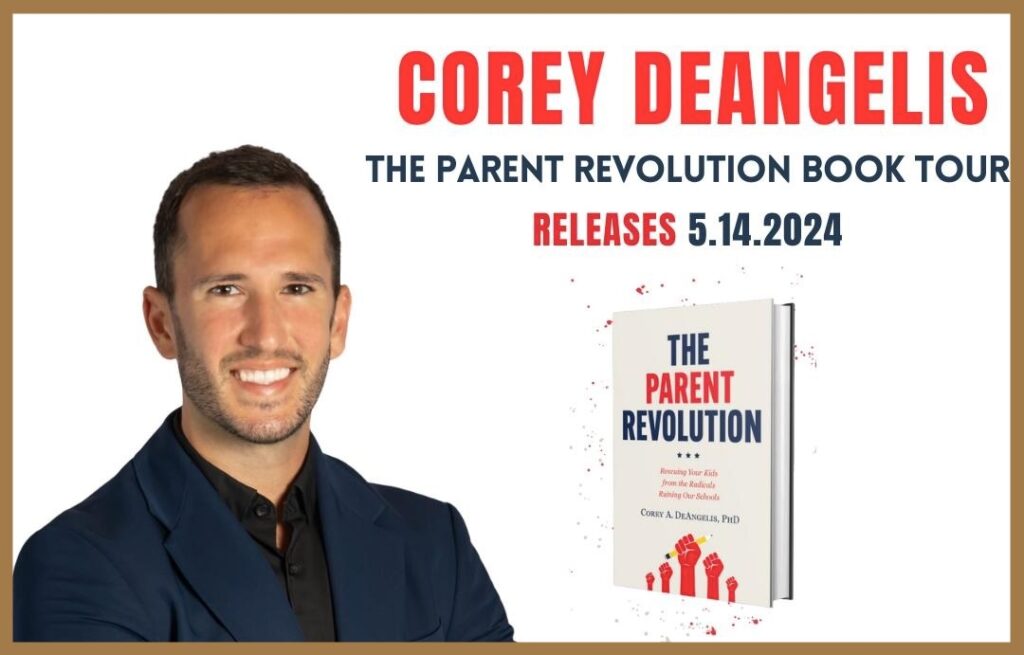‘The Parent Revolution’: How parents made school choice the hottest issue in education
For decades, school choice simmered on the back burner, the project of a handful of policymakers and education experts.
Despite their best efforts, the progress was modest, though steady.
But…

For decades, school choice simmered on the back burner, the project of a handful of policymakers and education experts.
Despite their best efforts, the progress was modest, though steady.
But then parents got involved, and the issue boiled over onto the national stage.
In his new book, The Parent Revolution: Rescuing Your Kids from the Radicals Ruining Our Schools, Corey DeAngelis, PhD, chronicles the school choice explosion that started in 2020 and has yet to die down.
In emphasizing the pivotal role of parents in shaping the educational landscape post-pandemic, the book also presents a fervent argument for parental rights in education, while critiquing the power and influence of teachers’ unions.
The parent revolution was and is a necessary response to an educational system that has long prioritized adult interests over children’s needs, according to DeAngelis, an academic-turned-activist, who is now synonymous with the school choice movement.
Thanks to the pandemic, millions of parents suddenly had a front-row seat in their child’s public school classroom.
What they saw was seriously troubling, DeAngelis recounts.
Kids struggled in basic reading and math. Teachers inserted radical ideologies into their instruction. School boards were deaf to parents’ concerns. School buildings remained closed long after it was clear that the pandemic no longer posed a significant threat.
And perhaps worst of all, perverted incentive structures allowed teachers’ unions to line their own pockets – and those of their preferred political candidates – while students paid the price.
So seemingly overnight, millions of run-of-the-mill moms and dads transformed themselves into a powerful political constituency demanding more accountability and educational choices.
Writing in an engaging and approachable style, DeAngelis possesses the rare credibility of having witnessed – and occasionally helped orchestrate – many of the events he describes firsthand in The Parent Revolution, which is chockfull of the same witticisms that rile public school activists on social media.
DeAngelis rebrands remote learning as “remotely learning” and says the only “science” followed by the school closure policies of teachers’ unions was political science.
The book pays special attention to the role parents played in bringing universal school choice to 12 states (and counting), swaying elections, including that of Virginia Gov. Glenn Youngkin, and shifting the power away from education bureaucrats and back into the hands of everyday moms and dads.
And DeAngelis never misses a chance to remind his readers that school choice’s biggest critics are typically alumni of private schools, to which they also send their own children.
DeAngelis also weaves in his personal experiences, contrasting the chaos of his middle school years with the excellence of his high school education, to advocate for policies that ensure no child is trapped in an unsuitable educational environment.
Gone are the days of school choice confined to the political back burner.
Though much of the education landscape hasn’t changed – public school test scores are still down – parents are on the scene, and they’re here to stay.
The Parent Revolution is not a dogmatic explanation about what school choice is or how it benefits students. It’s a vibrant memorial to the school choice movement which relies on red-hot parent-advocates almost as much as the parents themselves crave school choice.



